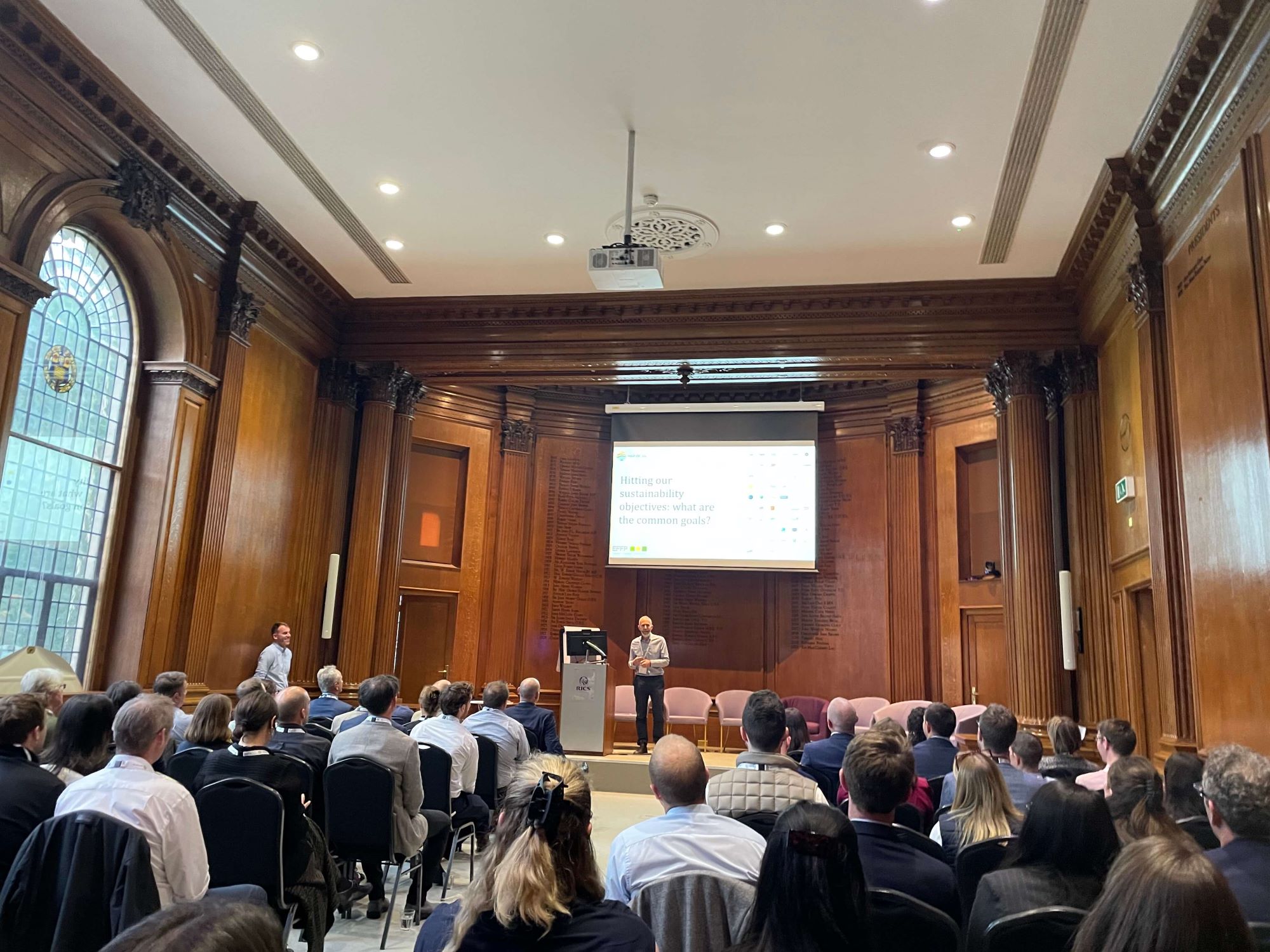Why On-Farm Data Sharing is Key to Achieving Sustainability Goals in UK Food Supply Chain
We recently hosted a meeting in London where key industry stakeholders from across the UK food supply chain gathered to explore the common goals in hitting our sustainability objectives.
This forum provided an invaluable opportunity for industry leaders to collaborate, share insights, and discuss how we advance sustainability across all levels of the food supply chain.
The common theme among the speakers was the need for greater collaboration with on-farm data collection.
Agri-food Consultant Duncan Rawson, a partner at EFFP, opened the discussion by emphasising the role of collaboration and trust in meeting sustainability objectives. “Building relationships is hard to quantify, but without trust, even the best strategies will fail,” he said.
Mr Rawson highlighted that collaboration across the food supply chain—from farmers to processors and retailers—is crucial for achieving long-term sustainability.
Data Sharing at the Farm Level
Adam White, Head of Agriculture at Barclays, further reinforced the need for farm-level collaboration, particularly regarding data collection. “I don’t want to be asking farmers for data they are already reporting elsewhere. Data sharing is essential. There’s so much information available, and we need to make better use of what’s already being collected,” he said.
This sentiment was echoed by Ben Williams, Sustainability Manager at Leprino Foods, who warned that farms are facing a “data overload.” He stressed the importance of streamlining data collection processes and focusing on actionable insights that can drive meaningful decision-making.
“Too much data without the right knowledge and insight becomes a barrier to change,” said Mr Williams. “We need collaboration to overcome these obstacles. The knowledge to deploy technology effectively and extract value is what drives real progress.”
Mr Williams further emphasised that while the agri-food industry possesses abundant thought leadership, it now requires “actual leadership” to make significant strides in sustainability. He suggested partnerships with data companies like ourselves can help simplify data management and ensure farmers receive the insights they need to make informed decisions.
AHDB’s Data-Driven Approach
The Agriculture and Horticulture Development Board (AHDB) is already taking proactive steps to implement a data-driven approach to measure sustainability and productivity in UK farming. Rachael Madeley Davies, AHDB’s Head of Environment (Technical), detailed a baseline project involving 170 farms, which utilises technologies like LiDAR to track biomass and underground soil conditions.
“This will provide us with a UK dataset we currently lack,” said Mrs Madeley Davies. “Once we gather on-farm evidence, it’s crucial to demonstrate the positive work farmers are doing alongside producing sustainable, nutritious food. The narrative should not shy away from highlighting the delivery of ecosystem services alongside food production—this must be done in a data-driven way.”
The panel discussion concluded with agreement from the six industry speakers that greater collaboration in on-farm data collection can help unlock the potential of sustainable practices, ultimately benefiting farmers, consumers, and the environment. As the agri-food industry moves forward, fostering partnerships and enhancing data collection will be vital in overcoming challenges and achieving shared sustainability goals.


